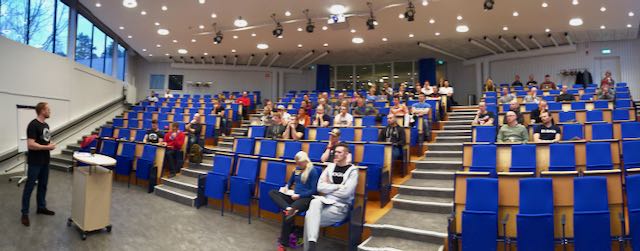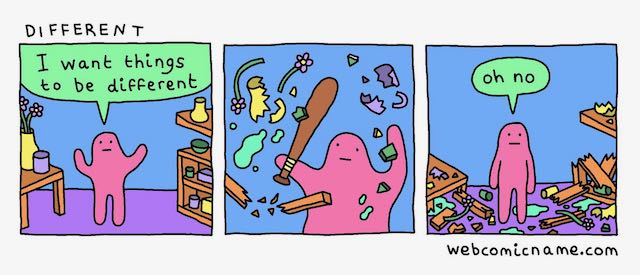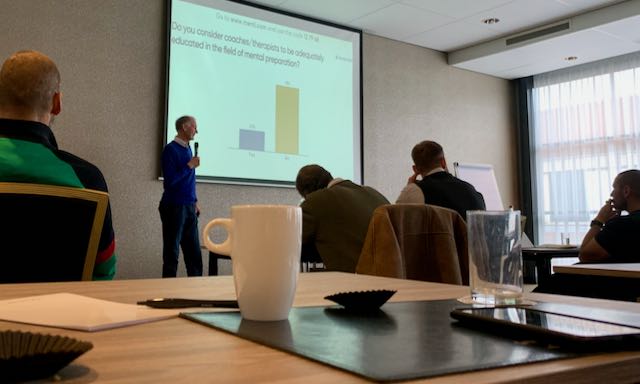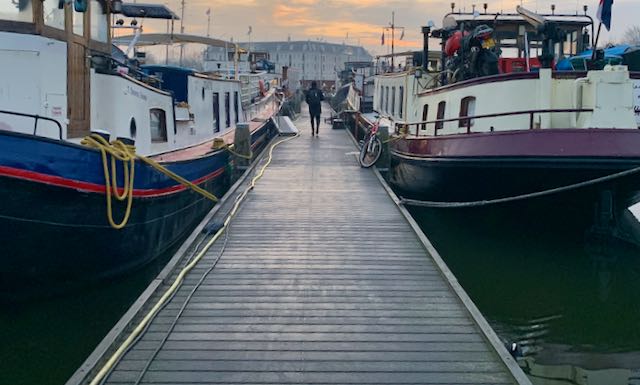Truth is what your contemporaries let you get away with.
Richard Rorty
When we are making judgments we like to think that we are objective, logical and capable of taking in and evaluate the information available to us with equal weight. But in order to make sense of the world with relative speed we are prone to simplify it to the extent that we embrace information that supports our beliefs and reject information that contradicts it. Presented with someone else’s argument we’re quite adept at spotting the weaknesses, but we are equally blind to spot the weaknesses of our own. This is what is normally called a ‘cognitive bias’.
In the sixties Thomas Kuhns book “The Structure of Scientific Revolutions” changed the way we think about scientific progress. His theory sort of embraced the idea of biases, disagreeing with the idea of science as a steady, cumulative “progress”. Instead he structures science into a set of alternating “normal” and “revolutionary” phases. In the paradigm of ‘normal science’ the scientists share definitions and concepts, and engage in solving puzzles thrown up by discrepancies between what the paradigm predicts and what is revealed by observation or experiment. Since they share a common language they all work in the same direction, making great advances within that theory.

We define rational belief as one which is arrived at by the methods which we now consider reliable
A.J. Ayer
While finding confidence in people who are using the same tools as you is important for the progress of those tools, in order to see the flaws of the tool such an exchange is not enough. Because those peers, if they approve us, are part of the same network, holds the same definitions, viewpoints and biases as ourselves. For that we need to look further away however uncomfortable that may be. The moment we get caught up in our own greatness, we kill our ability to reach our potential.
But – and this is important – even the education of the revolutionary or the prophet should begin with acculturation and conformity. One should know his history before trying change it, if not only because that all that is revolutionary is parasitic on what is actually in function now and at least somewhat proven to have worked before. To attempt abnormal discourse without being able to recognize it’s abnormality is madness in it’s most literal sense. Learn first why a tool is used, before you discard it: it’s good protection against the constant onslaught of gimmicks and fads.
There seems to somewhat of a gap between science and best practice in how training principles and methods are applied, which could be explained by that on the field the specific situation at hand is seen more clearly than “in the lab” where the eyes are set on the general. And while the general is well enough for developing a tool, in order for it to also serve a purpose, have external validity, one should have knowledge on the demands of the environment where it’s to be used.

Try never to be the smartest person in the room. And if you are, I suggest you invite smarter people…or find a different room.
Michael Dell
Once I attended an Eleiko course in Amsterdam that was taught by Anna Swisher and Mike Gattone (both now with USA Weightlifting). When the audience presented itself I remember thinking that if I would be teaching now I would be terrified because among the attendees was several doctors of exercise science, coaches for PSV Eindhoven, the dutch national track cycling coach, the Japanese national speed-skating coach and the list went on and on!
Not much later, when i did start to teach that very course, it dawned on me that it’s not a situation to be terrified of, but instead to seek out. To be held accountable by coaches way more experienced than yourself, to discuss and learn from them as well as learning to take responsibility for what you say in order to be able to hold your own when presenting. I cherish every such opportunity that comes my way.
Other heroic coaches actively contribute to the meetings between people that are not exactly ‘peers’ but ‘more than peers’ differing in experience, methodology and viewpoints.
People like Anders Lindsjö the Swedish weightlifting coach, who competed in the Olympics in 1992 and in addition to his successful coaching career still help to organize meetings between coaches with great ambition, where one are expected to present their coaching philosophies.
Or take Dutch Henk Kraaijenhof, coach of such world class athletes as Nelli Cooman, Merlene Ottey and Mary Pierce. With a career that it would be hard even to dream of, but still organize “Helping the best get better”, a small invite only seminar in Holland. With international speakers of excellent quality and offering a place to meet and to learn from other coaches who know more, possess unique skills and experiences.
I turn 45 this year and have coached sports for 25+ years, but the superior experience and possibility for growth that I can find in places like that is nothing short of fantastic. Precisely because those places are full of people who you did not choose and does not necessarily share your language and can spot the weaknesses of our thinking and for that I am deeply thankful.

When reading the works of an important thinker, look first for the apparent absurdities in the text and ask yourself how a sensible person could have written them. When you have an answer, when these passages makes sense then you might find that more central passages, ones you previously understood, have changed their meaning
Thomas kuhn
The common advice in coaching literature of “finding a mentor” is good, but not enough. You have to look further than that. To be better as a scientist, one better do time in the field, and to be the better coach one should keep an eye on the frontline of science.
My wife, who is very wise, sometimes says that “you don’t know what you have said until you get a response”. And while speaking to the already converted is important and will get you going, in order to increase your options outside of what you already know, outside of what is normal, you need to challenge yourself more and different.
Coach tip #3: Understand your roots. Get challenged by your superiors. Make an effort in understanding the opposing views, if not anything else it might make you understand your own ways better.
- “Why You Shouldn’t Trust Internet Comments”, https://www.sciencemag.org/news/2013/08/why-you-shouldn-t-trust-internet-comments
- ”Why facts don’t change our minds”, https://www.newyorker.com/magazine/2017/02/27/why-facts-dont-change-our-minds
- “Thomas Kuhn: the man who changed the way the world looked at science”, https://www.theguardian.com/science/2012/aug/19/thomas-kuhn-structure-scientific-revolutions
- ”The Training and Development of Elite Sprint Performance: an Integration of Scientific and Best Practice Literature”, https://www.ncbi.nlm.nih.gov/pmc/articles/PMC4975196/
